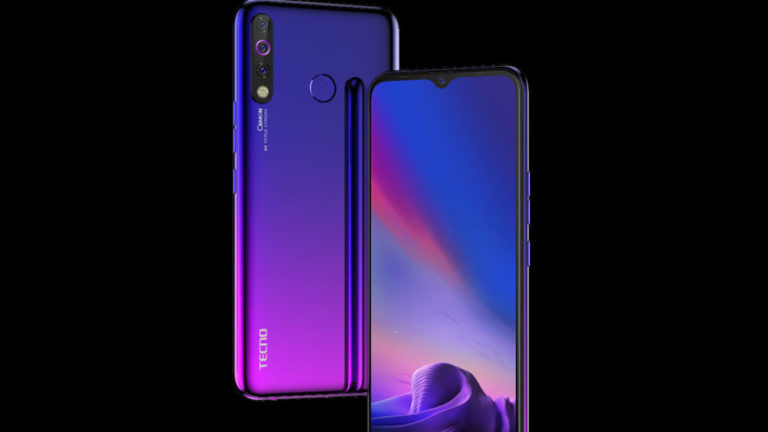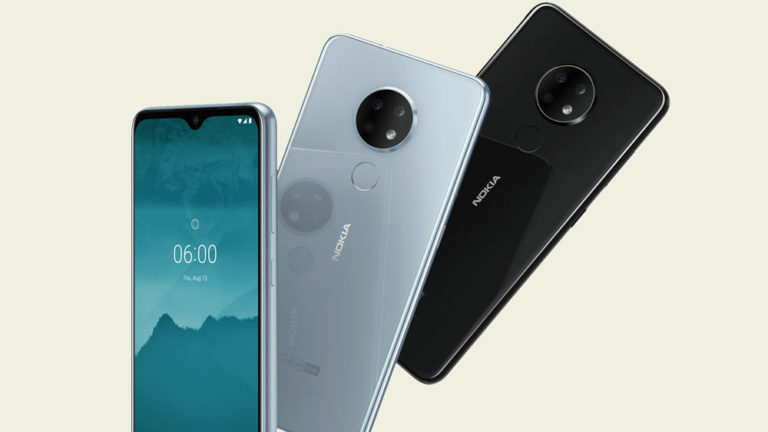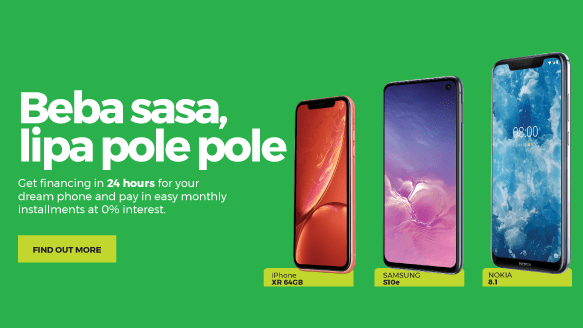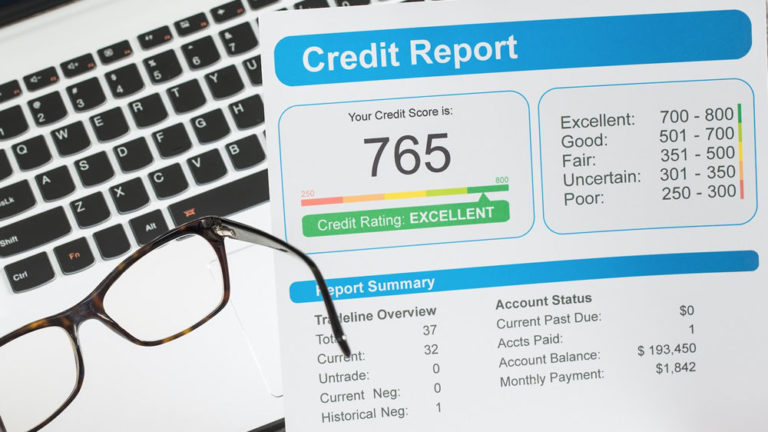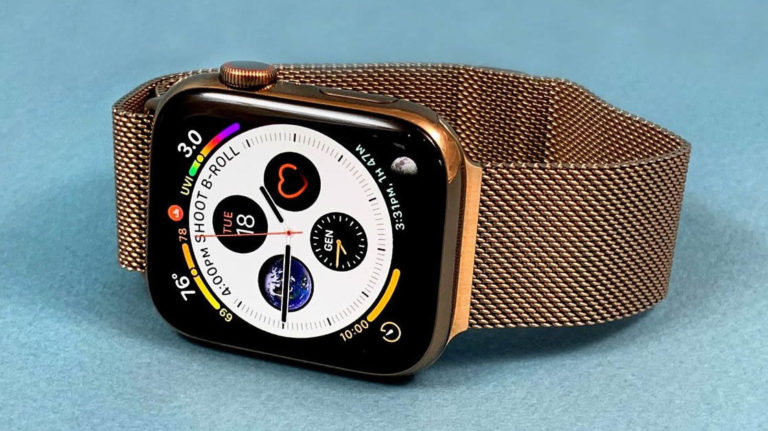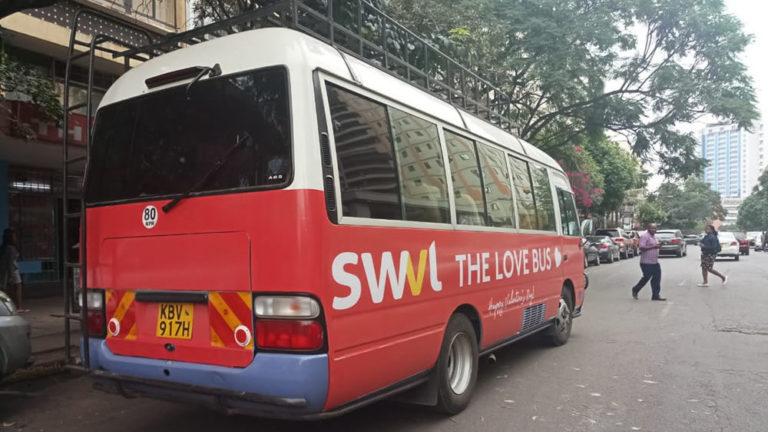As we approach the final quarter of 2019, its correct to say that we’ve seen just enough of both the mishaps and on target devices from traditional manufacturers. However, it’s also correct to assume that not all of us are keen to get whatever the market leaders in mobile technology churn out. There are some little known mobile phone manufacturers like Tecno that present a combination of everything an average consumer in Kenya would find exhilarating. Assuming the latest Tecno Camon 12 pro is the best we’ve seen yet from the manufacturer, a lot of us are poised to love and probably hate at an equal measure.
Personally, I wouldn’t dive into the unending debate of who’s better in terms of operating systems, I’ve used iOS mostly in my daily endeavors and has some acknowledgeable understandings on the workings of Android – at least before they stopped using names of my dreamed of delicacies. Therefore, it’s only fair to compare the Tecno Camon 12 pro against similarly regarded android devices.
The Pro name
The “Pro” name has been gaining popularity amongst manufactures and quite a handsome of these devices on the market use it; but its becoming so frequently used that some of us in the tech-world have started questioning just how appropriate they’re. In the case of Tecno Camon 12 pro, it was our collective opinion the name came far too early from the manufacturer. But then again, it’s almost impossible to cut prices to the low end segment without disappointing many. Under the hood for example, we get an MediaTek chipset rather than the highly regarded Qualcomm.
Display Screen and Design
The Tecno Camon 12 pro comes with a 6.35 inch display panel which in comparison, sits at par and is expected for a Pro device; however, the company cut in so many places we hold dear. We like the fact that Tecno opted for an AMOLED panel instead of the LCD panels it has been utilizing on a number of its devices. While we’d expect images and text to appear vibrant (courtesy of AMOLED technology) we were rather turned-off by meagre screen resolution the manufacturer was able to achieve on the Tecno Camon 12 pro. I wouldn’t say it’s a deal-breaker for many, but it’ll be hard for owners to convince those who have similarly priced devices from Xiaomi of the “Pro” nomenclature. Its good the handset comes with an almost all-screen front panel and utilizes a simple notch to keep bezels invisible, but then again everyone is doing exactly the same or even better as we saw on the Xiaomi Mi 9.
The colors are exemplary on their own, we love the dawn blue as tecno calls it as it puts some premium feel on the device – because it really needs it.
Cameras
The camera combinations at the back are perfectly placed and we hope the software will fine-tune everything to pop. We all know the number of pixels on a camera sensor forms just part of what makes those snap shots pop. As is the current norm, there’s a combination of three sensors at the back; a 16 MP snapper, followed by an 8 MP sensor and finally a 2 MP, depth sensor. The numbers are far away from industry leaders such as the latest iPhones and Galaxies but will forgive a lot considering the price tag. On the front, the notch houses a 32MP sensor that’ll please many selfie lovers.
Internal Storage and Performance;
We are skeptical on having a MediaTek device branded as “Pro”, but as we’ve come to learn, there’s just so many things to put under consideration before dismissing them. We might not like the fact that Tecno Camon 12 pro has a “Pro” in its name, but the price tag and what the handset is offering are the key aspect of what makes it even more interesting. Under the hood is a Octa-core 2.0 GHz Cortex-A53 processor.
On the other hand, the 6GB RAM was well within expectations and I would want to spoil this effort by comparing with some that comes with twice as much RAM – we think that’s kind of an overkill. 64GB internal storage is not as much as we’d hoped for; however, many of us will struggle to fill it up especially since there’s a provision of a dedicated MicroSD card slot.
There’s a Non-Removable Li-Po 3500 mAh battery that’ll be just enough to hold up till end of the day and this is not limited to the Tecno Camon 12 pro alone.
Tecno Camon 12 pro Price in Kenya
Expected retail price of Ksh. 18,000.

